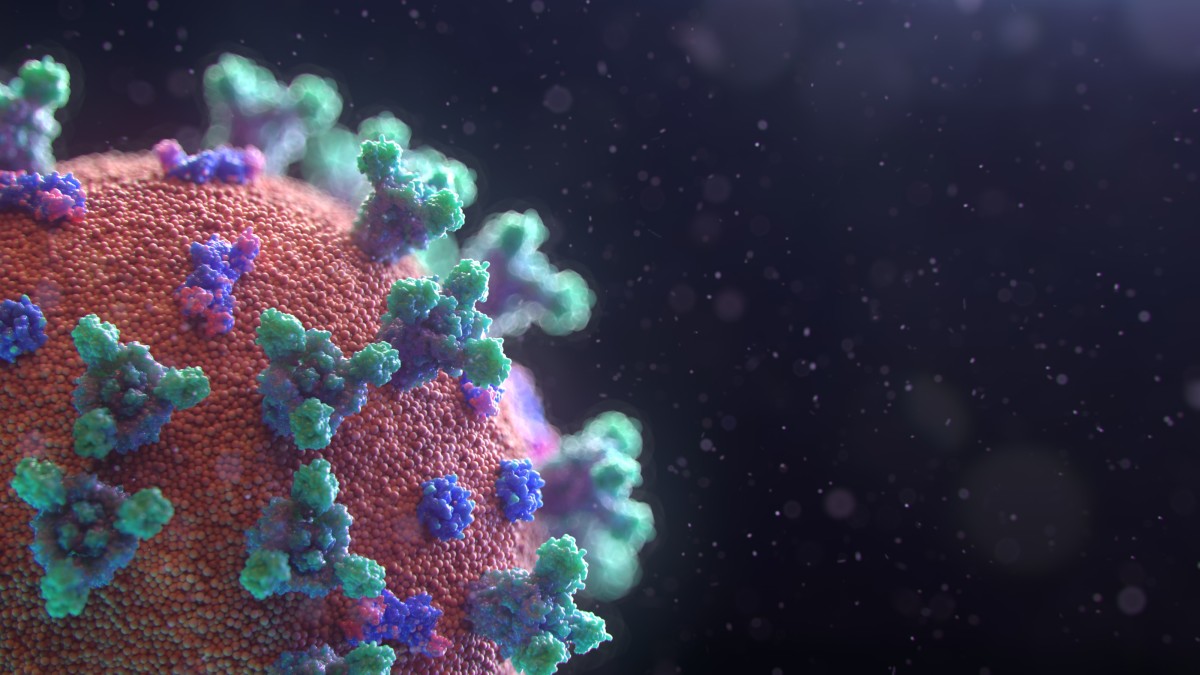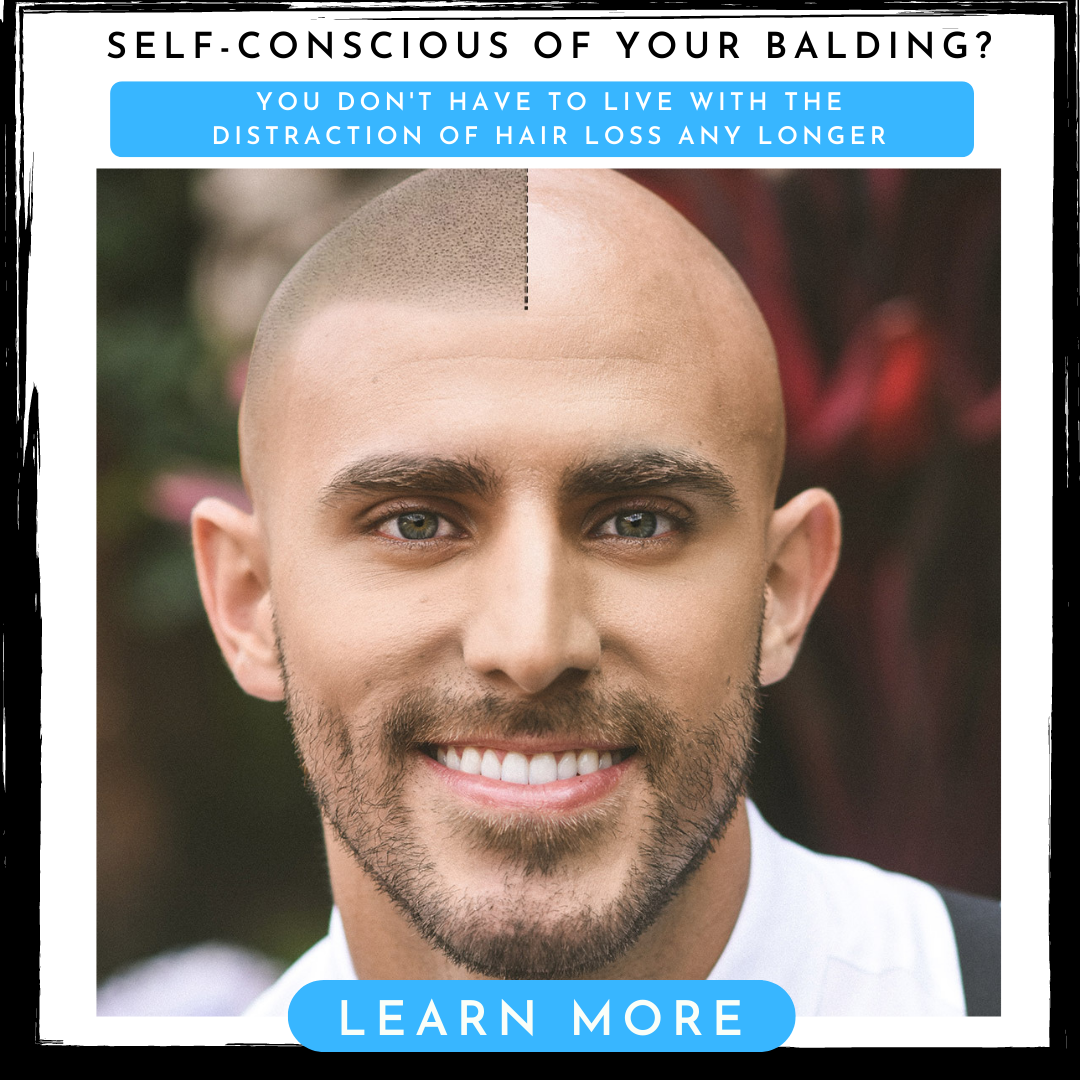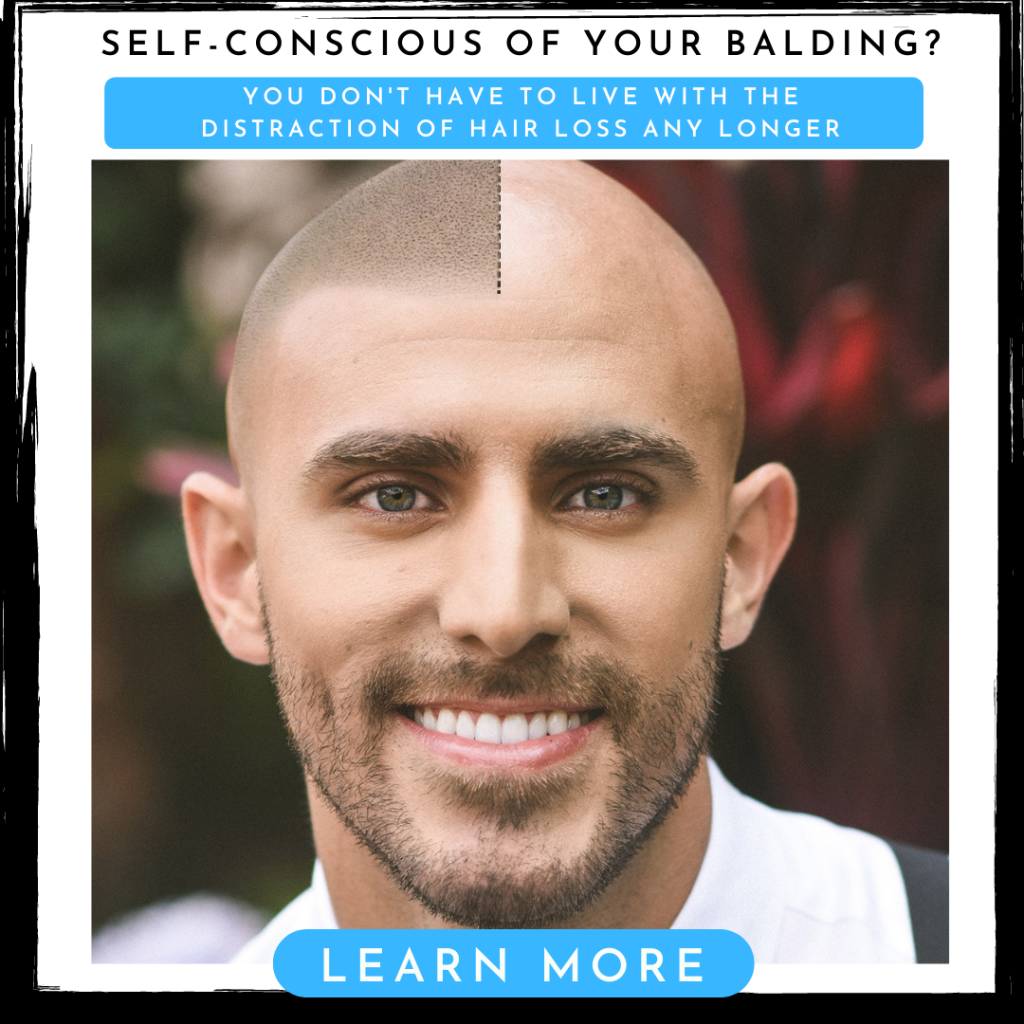With the recent Coronavirus outbreaks terrorizing multiple countries, everyone is putting in effort to protect themselves from catching it. Even governments are taking drastic action to prevent the spread of this virus as they recognize it as a major health threat.
Viruses are not something you can see with your naked eye. With regards to the Coronavirus itself, we still have a limited amount of information to completely understand it. Maybe it’s that fear of what we don’t understand which causes most of us to take drastic measures to counter this spreading epidemic.
Cleanliness, regardless of time and place, is always a commendable virtue to have. However, at this point, it seems that we’re too focused on prevention. We’re putting all our efforts to reinforce our protective shells and treat our bodies as fragile egg yolks that will pop up on the slightest contact with the virus. However, this is not the case at all.
Our body has its own way to fight infections. Inside our bodies lie billions of antibodies ready to act against foreign invaders and it can still create more with a little help from yourself.
We aim to inform our readers through this article on how to reinforce your body’s natural line of defense against illness by enhancing the effectiveness of your immune system through natural methods.
Before we dive into the detail of enhancing the effectiveness of your immune system, let’s first give you a brief introduction to those superheroes responsible for protecting you from illnesses.
Table of Contents
An Antibody (also called Immunoglobulin or Ig for short) are protein compounds in your body that play an active role in how your body fight viruses and other disease-causing elements. Their main purpose is to lock down antigens present within our body and direct the other immune system agents to identify the invader. Antigens, on the other hand, are described as any substance that can trigger a reaction from your immune system’s response. Some examples of these are bacteria, viruses, fungi, allergens, toxins, venoms, as well as certain food substances.
We have 5 types of antibodies within our system, each with its vital role to play in our immunity. Some of these are responsible for targeting specific types of antigens while some provide a supporting role in maintaining a person’s overall immunity.
Although antibodies themselves do not destroy the antigen, they do play an important part in our immune system function. Here’s a quick explanation of how the immune system responds to foreign substances:
When an antigen successfully enters our body, they trigger a response from our immune system.
A type of lymphocyte called B-cells is stimulated to identify the antigen and create a specific antibody to match it.
Antigen-specific antibodies created by the B-cells bind to the invaders, limiting its function and marking it for the next immune system response.
T-cells (a type of white blood cell) then identifies the antigen attached to the antibodies and destroys it.
After the antigen has been destroyed, the body sends in a wave of phagocytes to consume the remains of the infection.
The created antigen-specific antibodies remain in our bodies, ready to respond in case a similar type of foreign substance invades the body. This enhances the body’s resistance to the same antigen, and for some pathogens, creates complete immunity against it.
Now that we know how vital the role of our antibodies is, let’s discuss how we can improve the effectiveness of our immune system.
Truth be told, boosting your immune system can’t be done overnight. However, the good news is there is no such thing as being too late when it comes to taking care of your body. Regularly practicing natural methods to enhance your immune system will benefit you throughout your life, not just with this current viral outbreak.
Given how sleep is a basic human need, a regular sleep schedule, by itself, already promotes a multitude of benefits to our body.
A good amount of sleep promotes the production of white blood cells, the T-cell in particular. A particular published study by Stoyan Dimitrov, Ph.D has reinforced the idea of how sleep contributes to immunity by enhancing the effectiveness of T-cells.
Dimitrov, author of the study, explains how the levels of the hormones prostaglandins, adrenaline and noradrenaline are low during sleep and how this condition enhanced the cohesiveness of the body’s integrins. This added stickiness helps your T-cells engage and stick to their intended targets.
Another benefit of an adequate amount of sleep is that it promotes the hormonal balance within your body. This balance, in turn, raises the effectiveness of your immune system.
The Immune System
Regular exercise helps you maintain an optimal physical condition, which makes it easier for your body to bounce back from getting sick. Having a good physical body also lessens the burden on your immune system whenever you catch any unwanted illness.
Another factor that may relate exercise to immunity is the changes that happen to your body when you exercise. When your blood circulates faster, so does your antibodies and white blood cells. This could make the detection of antigens in your body and immune system respond faster. The rise of temperature after exercise can also make it hard for certain bacteria to thrive.
Exercise is also an effective stress-buster. Experts say that high levels of chronic stress have been known to contribute to the development of diseases.
Although there is still a lack of significant evidence to prove that exercise can promote the effectiveness of your immune system, there is no doubt about the countless benefits it can bring. By exercising, you have nothing to lose but so much to gain.
While stress is something we may feel from time to time, long-term stress can make us more prone to diseases. Experts also claim that stress contributes to many illnesses and diseases.
Whenever we are physically or emotionally stressed, our body activates its fight-or-flight mechanism. By releasing multiple stress hormones, our brain prepares our body to take on emergencies.
During this time, our immune system becomes severely depressed. One particular stress hormone, the corticosteroid, causes both B-cells and T-cells numbers to decline, which makes us more susceptible to infections. And to make matters worst, the increased number of all stress hormones in totality diminishes the adhesiveness of integrins.
Stress, in reality, plays a huge role in a person’s overall wellness. Keeping your stress levels low will not only be beneficial to your immune system but to all aspects of your health.
Your immune system is the one in charge of overseeing the health of your entire body. However, that’s just one system looking after the rest. It can still be a huge task for your immune system if it needs to cater to each body system by itself. That’s where proper nutrition comes in.
As we have multiple systems within our body, each with its different functions, they all have their own nutritional needs. Making sure that you’re supplying adequate nutrition to your entire body makes you holistically healthy and lessens the burden for your immune system.
Having a balanced nutritional intake means that your body is getting all the essential nutrients in the right portions. There are 7 main components of a balanced diet that you should be included in your daily diet.
- Carbohydrates
- Protein
- Fats
- Vitamins
- Minerals
- Fiber
- Water
Although all of these are essential for your body, remember that too much of anything is not good for your health. If you’re not sure how much amount should you be including in your diet or if you have special dietary considerations, ask for assistance from a dietician to create a meal plan for you. If having a meal plan is not your thing, you can also boost your immune system function by adding vitamin-rich foods along with your regular diet.
What vitamins can boost your immune system?
Every vitamin is vital to our body. However, If you’re looking specifically to make your immune system stronger by focusing on what vitamins you should be getting, consider taking multivitamins to your routine. Or you can also add foods rich with these vitamins as part of your daily meals
- Vitamin B6 – key vitamin for regulating immune system responses and the production of immune system cells.
- Vitamin C – Aside from being the most important vitamin for fighting illnesses, it is also abundant and easy to access as it is present in most fruits and vegetables you eat every day.
- Vitamin E – This vitamin has strong antioxidant properties that help remove any oxidizing substance produced by living organisms.
What foods weaken the immune system?
Not everything good for your taste buds is good for the rest of your body. Try to minimize the following if you wish to help strengthen your immune system:
Processed foods – Most of the time, essential nutrients from its organic ingredients are stripped away during the creation process of these products. Not to mention that they contain preservatives that can be harmful to your health. Improper storage can also breed disease-causing pathogens and toxic byproducts.
Sugary snacks and beverages – A high amount of sugar, according to experts, restricts the white blood cells responsible for attacking pathogens, making you susceptible to illness.
Alcoholic beverages – When taken in moderation, alcohol can boost your immune system. However, when it is taken in excess, it can produce the opposite effect.
Regardless of whether you’re sick or healthy, when it comes to your health-related matters, it is always better to consult a physician when you feel unsure.
Everyone is unique, and most of the time, so are their needs. What “coronavirus preventions tips” you may see on the internet may be effective, but they are made to address the general population. Getting regular check-ups can help doctors create a specific treatment plan for you to boost your immunity. They can also diagnose any underlying condition which may affect your immune system, both short and long term.
Bonus Tip
Develop a handwashing habit
Prevention is always better than the cure, as they always say. However, viruses are elusive and it only takes a touch of it for you to get sick. Start creating a healthier habit and boost your immune system. It’s something that will benefit you for a lifetime.
Do you have any unique habits that help you stay away from diseases? We’ll be happy to hear them on the comments down below.









